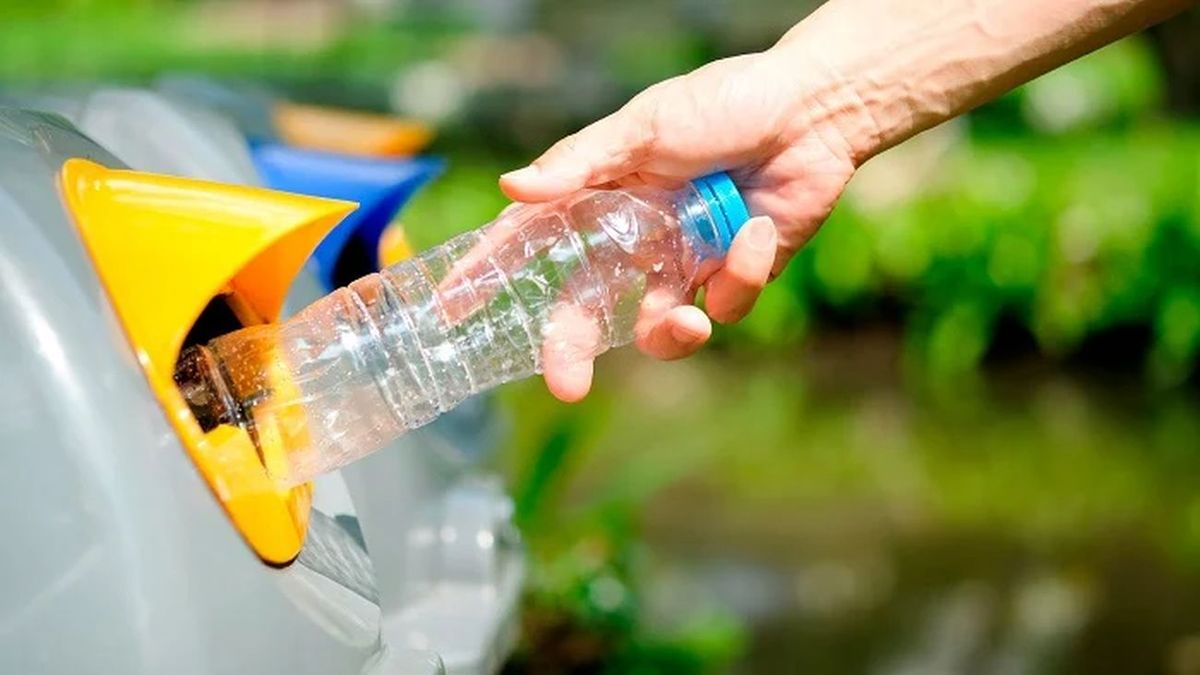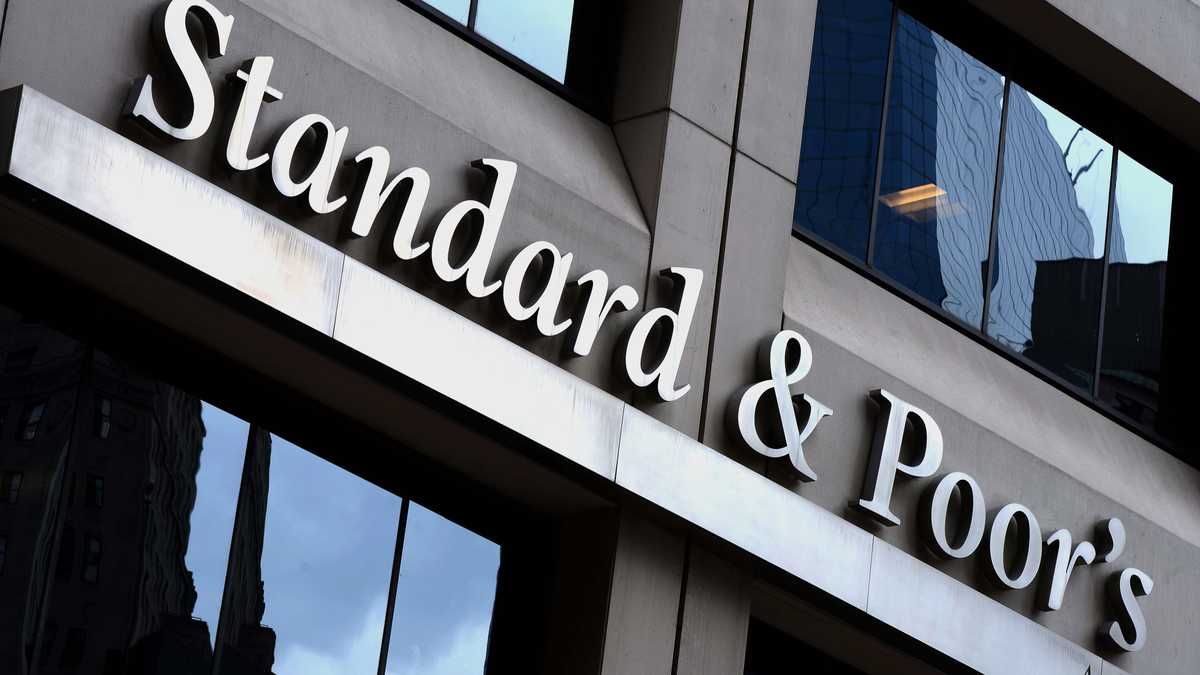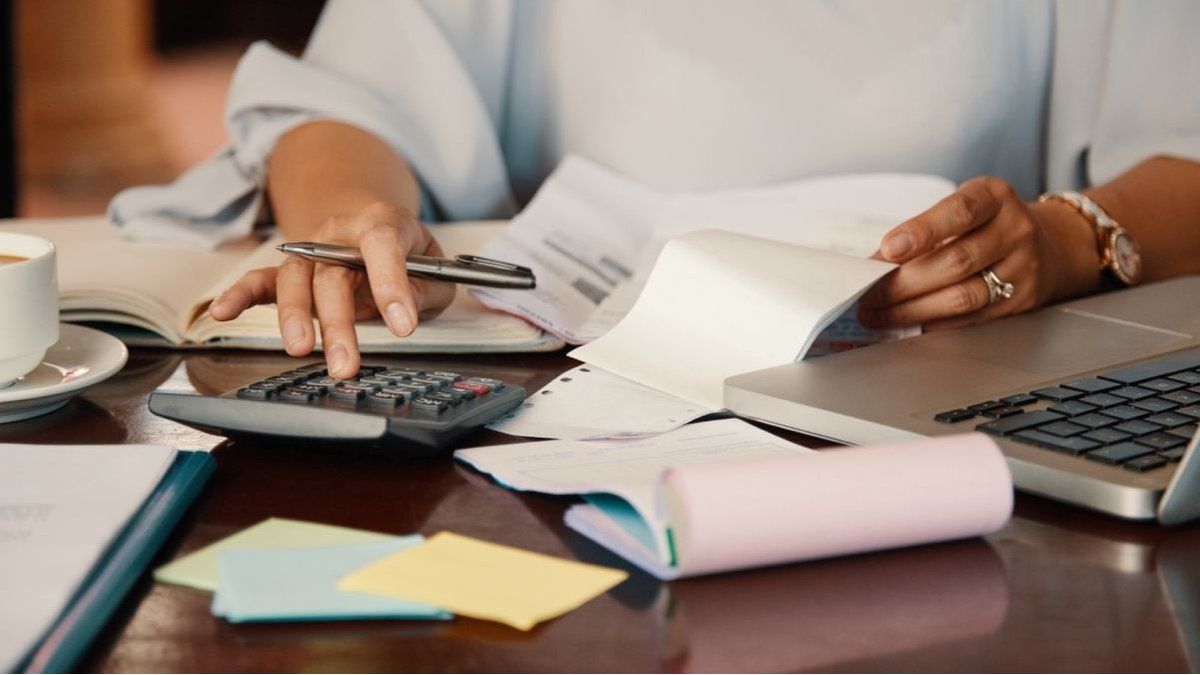The “Circular Economy” model, which proposes changing the traditional linear production and consumption scheme (extract, manufacture, use and dispose of) into a regenerative and sustainable one, where plastic goes from resource to product and, in its post-consumer stage, becomes a resource again through recycling. Therefore, it is crucial to implement comprehensive strategies with individual decisions, education and robust public policies so that prohibition is not the way forward.
The content you want to access is exclusive for subscribers.
It is important to remember that plastic bags are recyclable. We can reuse them to separate recyclable and organic waste, or at the end of their useful life, they must be placed in specific containers for recycling, preventing them from ending up in the environment or in landfills. Polyethylene (PE) bags are reprocessed as raw material in recycling industries, becoming products such as pipes, park benches, bricklayer’s buckets, among others.


This is key for a growing recycling industry that requires more inputs and is contributing to generating less waste, protecting the environment and generating work for thousands of families. Unfortunately, this aspect of the life cycle of plastic bags is unknown to most people. And Often, what is ignored ends up being fertile ground for the spread of myths and half-truths.
Supermarket bags have managed to reduce their weight by 66% thanks to technological advances, while maintaining their quality and load capacity.. Thanks to their strength and size, they allow for optimizing their use and reuse. They are the first link for correct household separation, facilitating a fundamental step to continue with the process of managing recyclable waste and protecting the environment.
In it World Day Without Plastic Bagswhich is celebrated this July 3rd, It is important to highlight that it is crucial to implement comprehensive strategies that promote both responsible consumption, such as its reuse for various purposes, as well as promoting recycling, ensuring that its use effectively contributes to the circular economy and long-term environmental sustainability.
The lack of adequate public policies is one of the main causes of deficiencies in household waste separation and recycling of post-consumer plastics. The implementation of a National Extended Producer Responsibility (EPR) Law would promote efficient collection and recycling systems for all recyclables present in the waste stream.
There are IRAM 13610 and 13615 standards for standardized and reusable supermarket bags that are larger and more resistant to optimize their use and reuse. This standard is available and, by adopting it, you contribute to sustainable consumption. At the same time, according to the survey conducted by Opinaia, waste and consortium bags are among the products with recycled plastic with the greatest purchasing potential. People are even willing to pay more for products with sustainable certification.
The vision of a future where plastics are not only part of our daily lives, but also contribute to protecting the environment and improving people’s quality of life is possible. Ecoplas reaffirms its commitment to responsible consumption habits, separation at source, recycling and the correct disposal of plastic waste.
Executive Director of Ecoplas
Source: Ambito
David William is a talented author who has made a name for himself in the world of writing. He is a professional author who writes on a wide range of topics, from general interest to opinion news. David is currently working as a writer at 24 hours worlds where he brings his unique perspective and in-depth research to his articles, making them both informative and engaging.




